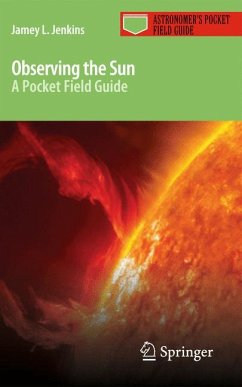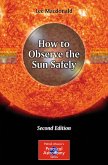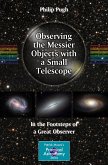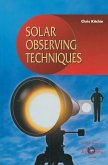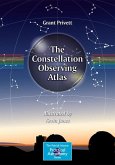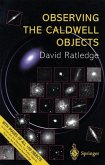A comprehensive solar observing guide for use at the telescope by amateur astronomers at all three levels: beginning, intermediate, and advanced. Users will find invaluable information for identifying features through photos, charts, diagrams in a logical, orderly fashion and then interpreting the observations. Because the Sun is a dynamic celestial body in constant flux, astronomers rarely know for certain what awaits them at the eyepiece. All features of the Sun are transient and sometimes rather fleeting. Given the number of features and the complex life cycles of some solar features, it can be a challenging hobby, and this guide provides all of the guidance necessary to inform observers about the sights and events unfolding before their eyes on the most active and powerful member of our Solar System.
Dieser Download kann aus rechtlichen Gründen nur mit Rechnungsadresse in A, B, BG, CY, CZ, D, DK, EW, E, FIN, F, GR, HR, H, IRL, I, LT, L, LR, M, NL, PL, P, R, S, SLO, SK ausgeliefert werden.

